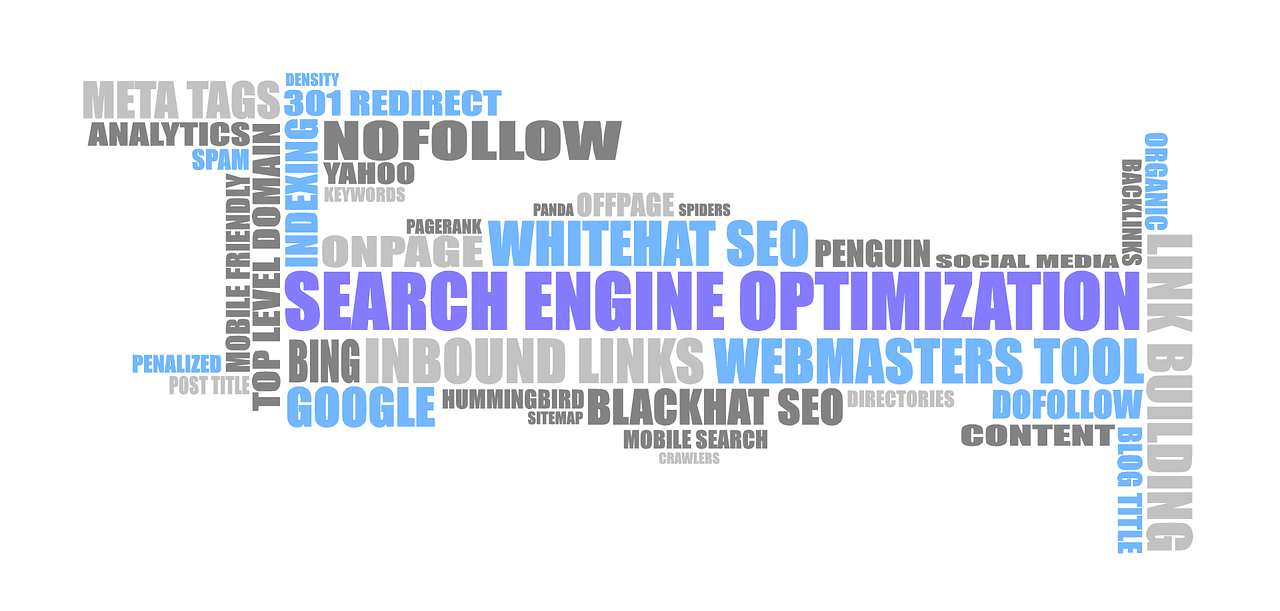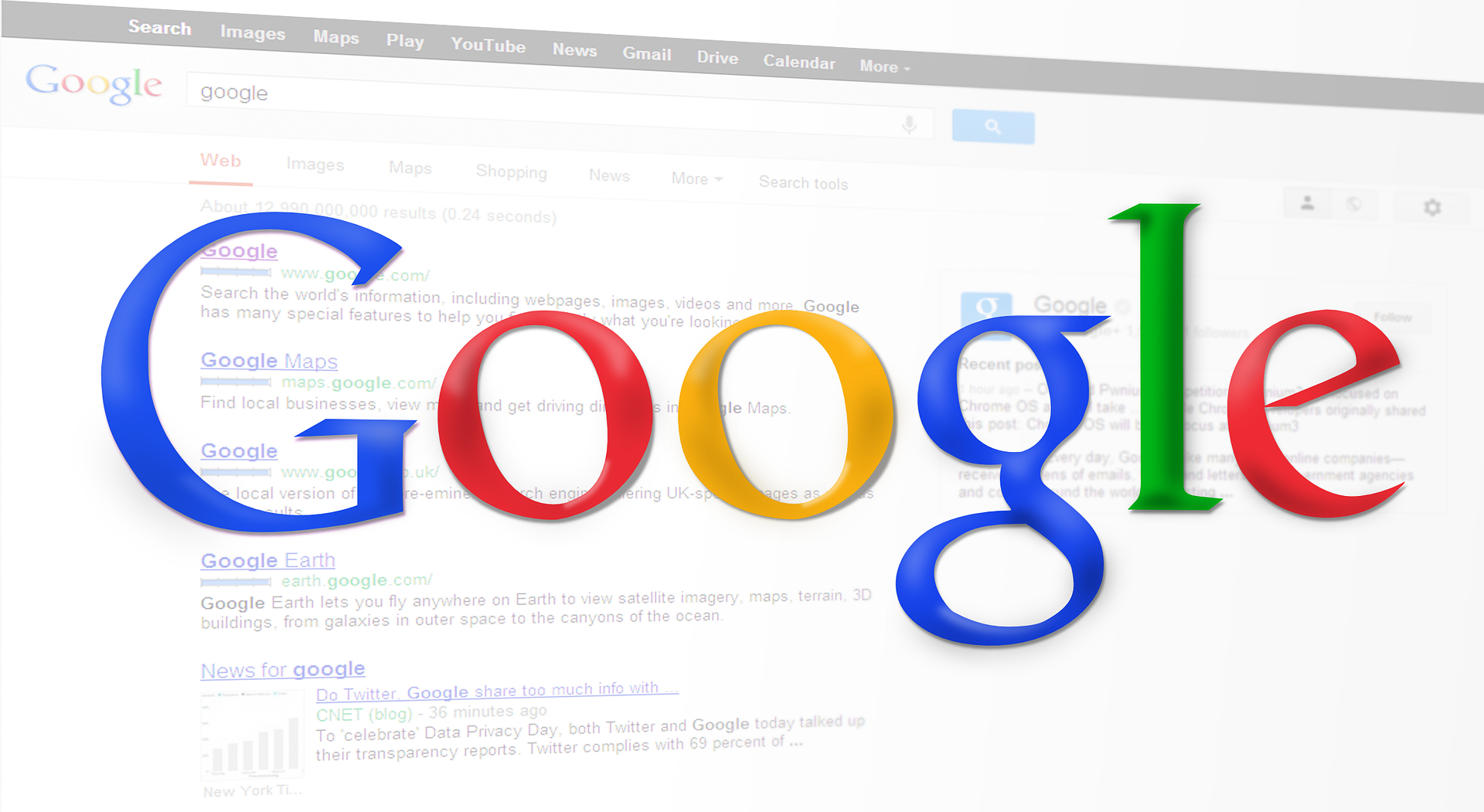
SEO Trends 2020: Important Things You Should Know
February 15, 2020
How Google BERT Affects SEO
March 15, 2020One of the goals of SEO is to help improve the rank of your website on search engines. Making this happen is a complicated process – one that involves technical SEO, onsite SEO, link-building and content creation, amongst others.
Successfully optimising a site is not an easy task which is why it is best that you hire experts rather than do the job yourself. A third-party provider is equipped to make your website rank high on search engine results pages (SERPs).
However, even if you let a reputable company do this task, it is still best if you understand how SEO works and how it’s done. This includes the technical aspect or what’s called technical SEO.
What is it exactly? Technical SEO is all about optimising the website and server so that search engines can crawl, index and understand your pages better.
Remember:
For your site to appear on SERPs, its pages should be indexed. How does this happen? Search engine spiders need to find these pages first. If these pages aren’t crawlable, they won’t get indexed and your website won’t be on SERPs.
Basically, you need to have a technically perfect website to give both human users and search engine spiders an excellent experience.
How is technical SEO done? Below are some of the areas you need to work on to technically optimise your website:
Speed
How fast web pages load is a critical factor not only in keeping the attention of your site’s visitors but also in ranking high on SERPs.
Based on studies, more than half of site’s visitors don’t proceed to viewing a page if loading time takes more than two seconds. When this happens, you lose clients and revenues.
Search engines recognise that a slow website prevents users from having a positive browsing experience. Since their goal is to deliver exemplary UX, Google and other search companies also want fast-loading sites. This is why they’ve made speed a ranking factor.
So, if you have a slow site, you might end up at the bottom of SERPs. This means that you won’t just be losing visits from current customers but also potential traffic you can gain if your web page ranked higher on search results.
It is therefore imperative that you ensure that your page load speed is 2 seconds or less to please search engines and keep customers on your site.
Crawlability
As mentioned earlier, search engines use robots (referred to as spiders) to go to your website and look for your pages based on your links. As they crawl into each and every page, they try to understand your site’s structure and content.
These robots rely on links to discover and understand the content on your site. This means it’s essential that your internal links are all working. More importantly, your website needs to have an excellent internal linking structure for robots to determine what your site is all about.
Simply put, you have the power to open the door, and guide the robot’s way into your website. At the same time, you can also close the door on them, preventing them from accessing certain content. For example, you can block them from pages that you don’t want them to see such as those you intend to revise or new pages which are not yet ready to be launched.
Security
Online users nowadays put a premium on secure websites. They want sites which keep them (and their information) safe from cybercriminals.
Website security is no longer a nice-to-have. It is a matter of importance since the cyber threat landscape is getting even more sophisticated and data breaches are growing in number.
One of the hallmarks of a secure website is that it is on HTTPS. Usage of HTTPS is critical for it ensures that the data exchanged between the site and the visitor is secure and cannot be intercepted.
Aware of the rising concerns about cyber threats, Google has taken steps to make the Internet a safer place. One of them is asking websites to move from HTTP to HTTPS. Currently, the search engine giant is penalising sites which aren’t on HTTPS.
Speed, crawlability and security – these are some of the things you need to prioritise if you want a technically optimised website. In our next blog, we’ll talk about the other factors you need to consider to make your site technically perfect.
Looking for someone experienced in doing technical SEO? We have experts with a proven track record of successfully optimising websites. Call us now at 019609023!
—
Image by Bruno /Germany from Pixabay




